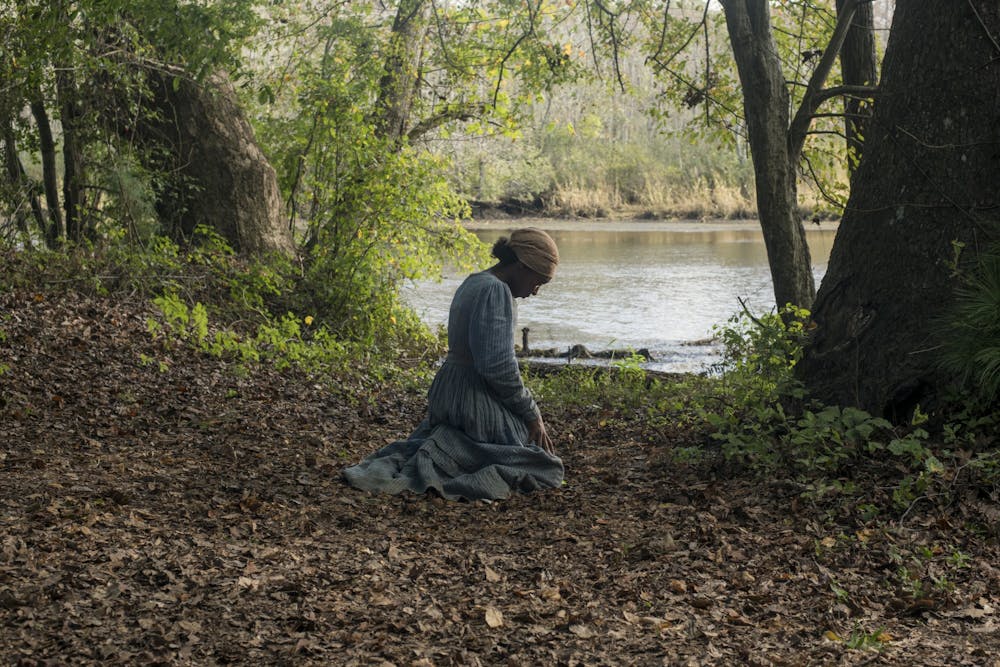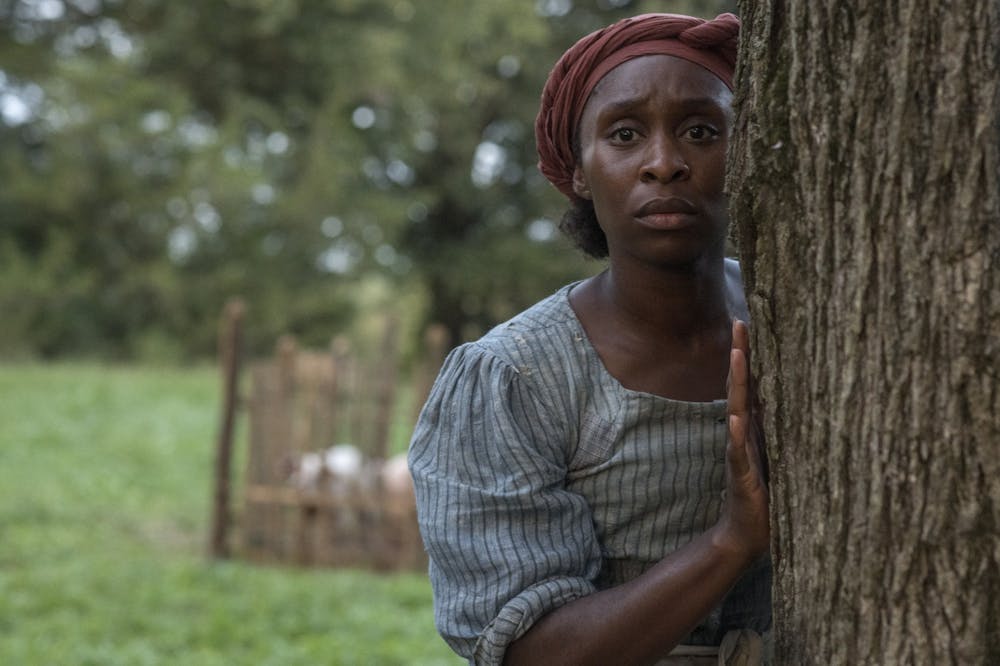When Focus Features announced that Cynthia Erivo would star in the titular role of their upcoming biopic on Harriet Tubman Harriet, the casting was met with immediate backlash.
Some people questioned if it was right for Erivo, who identifies as a Nigerian–British actor and is not the direct descendant of African Americans, to portray the most influential conductor of the Underground Railroad and one of the most important figures in African–American history. Soon after these initial reactions, a number of Erivo’s old tweets about the differences in the way that first–generation Africans speak compared to African–Americans resurfaced. In an interview during the Toronto International Film Festival with Shadow and Act, Erivo met this criticism head–on.
“I would never…I’ve never spoken negatively about people because I don’t want that — I don’t want that energy from me to others. I don’t believe that serves us at all. I don’t believe it serves a purpose other than bringing negativity into my life and your life, and I just don’t want that. And I’d also say, give [the movie] a chance first. See it and judge from there. I would never have taken this role if I didn’t think I could give something. And it took a lot out of me to do it,” Erivo said.
Erivo got her chance, and she made it count. While she’s most known for her Tony award–winning performance on Broadway in The Color Purple, her emotional performance in Harriet has cemented her as a force in the film industry. One scene in particular captures the power Erivo brought to the role: After making it safely to Philadelphia, Tubman decides to make the journey back to Maryland so that she can find her husband and help him make the journey to freedom. When she finally finds him, he's already gotten remarried. The anguish Erivo brings to this scene translates easily through the screen to touch the viewer. When Tubman decides that her journey will not be in vain, Erivo is there again, masterfully making the transition from despair to determination without missing a beat.

Besides playing Tubman, Erivo is also the co–writer and singer of the film’s main song, "Stand Up." Her many capabilities are on full display in Harriet.
When looked at holistically, however, Harriet has more problems that Erivo’s remarkable performance alone can't mask. Biopics are notoriously difficult to write in a way that both tells the protagonist’s life story accurately and fully, while also bringing something new to the table. The film completes the former comprehensively. Over the two hours and two minutes that Tubman’s life story is depicted, we see her time as a slave in Maryland, her gritty escape to freedom in Philadelphia, and her work as a conductor on the Underground Railroad, through which she eventually makes 13 missions and rescues approximately 70 enslaved people.
Cinematically, however, the film misses the mark. The pacing of the story is uneven. The characters, outside of Harriet and possibly Reverend Green (Vondie Curtis—Hall), fall flat and have more awkward moments than heartfelt ones. The flash–forward moments peppered throughout, in which Harriet can see what's to come because God is acting through her, are powerful at times but, more often than not, feel out of place.
Erivo carries the film. Without her, there’s very little that makes this movie special. That being said, Erivo's controversies should not be forgotten. In some ways, the disparaging remarks she made tarnish her performance. Still, Erivo's performance—likely to attract awards attention in the upcoming months—is unequivocally strong and makes Harriet something worth watching.

